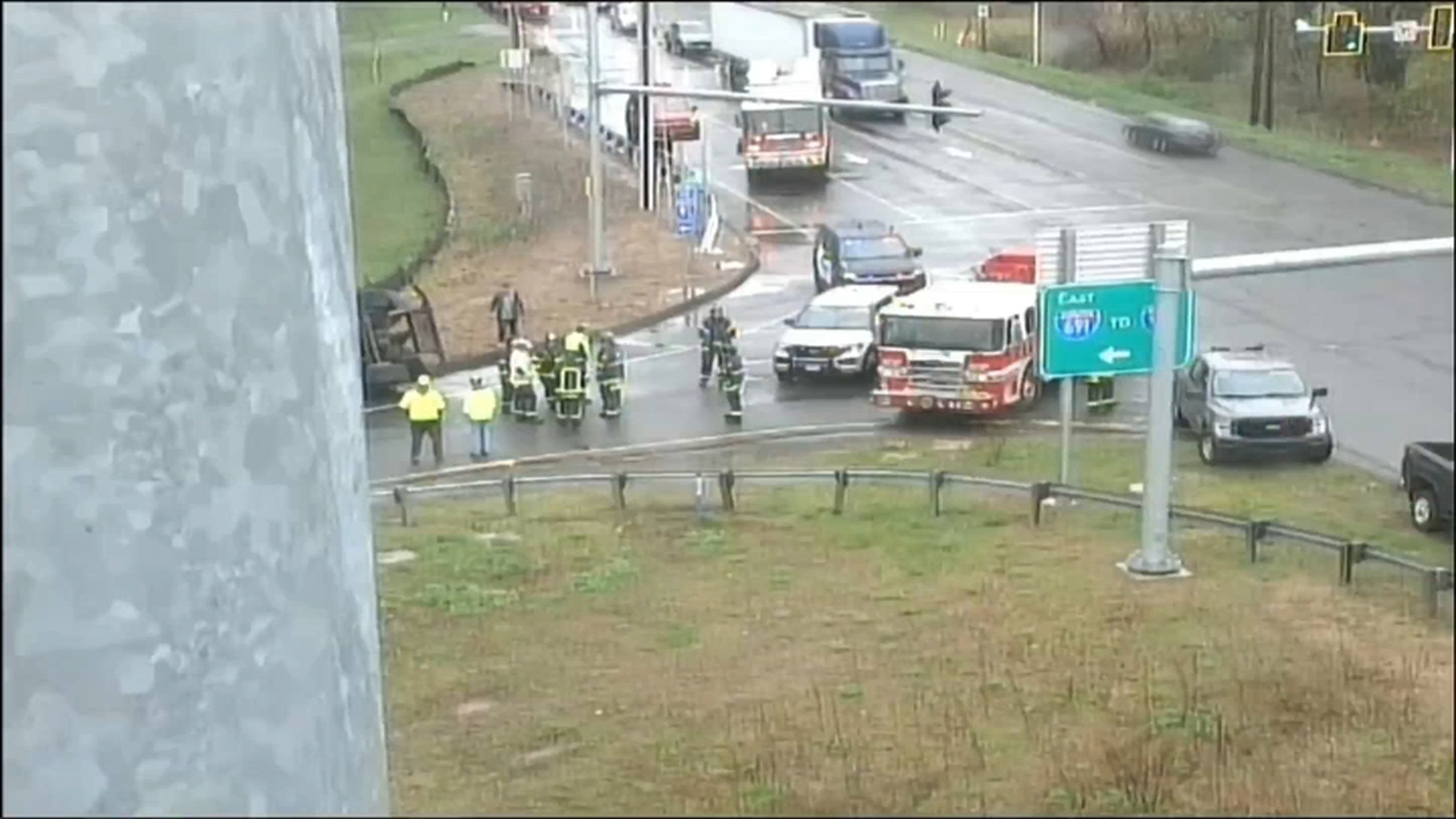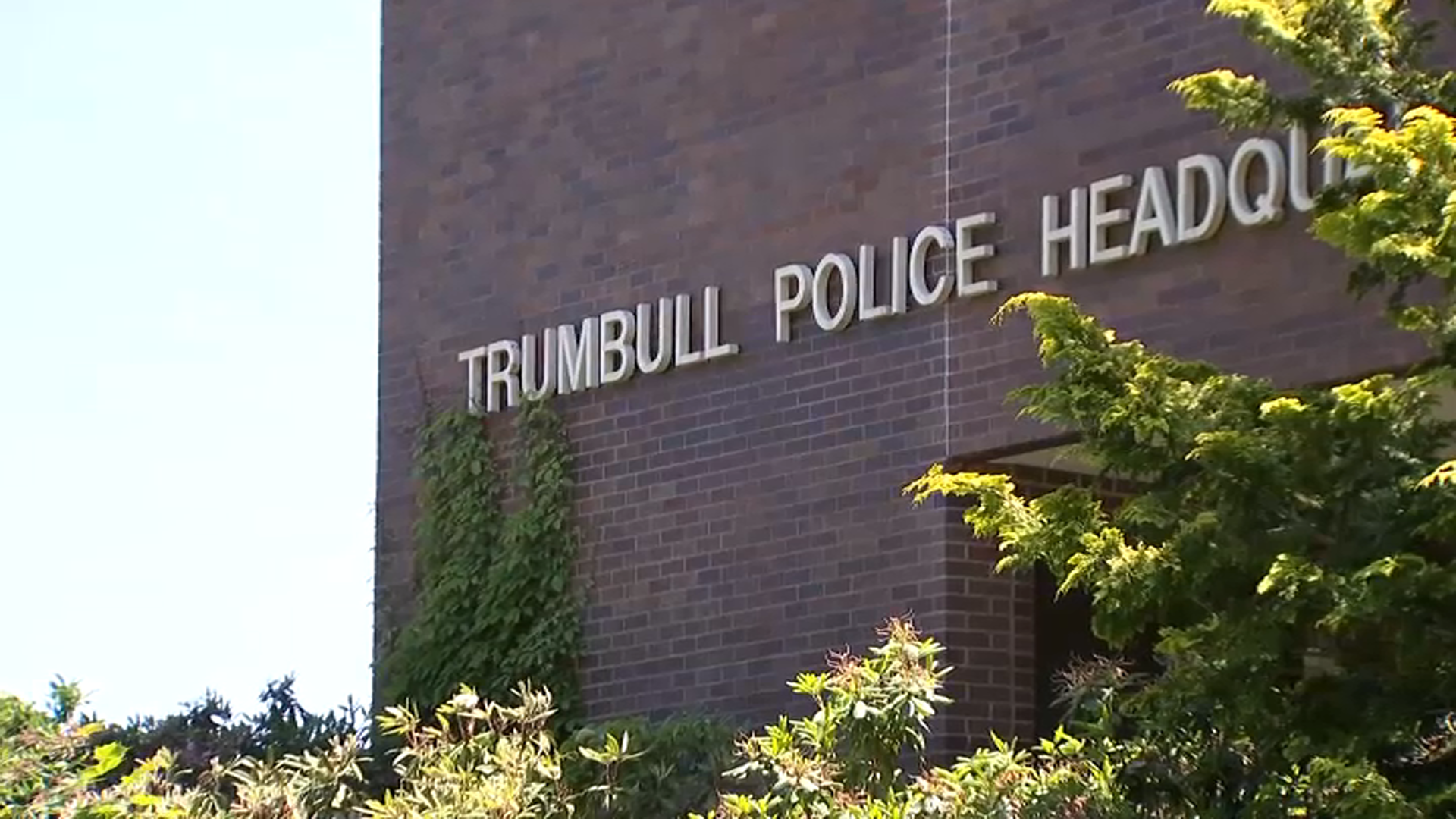While visible signs of winter have gone, its effects linger in our water supply.
NBC Connecticut Investigates has learned thousands who use well water in our state may have a new issue to worry about: contamination from road salt.
Approximately 130 wells across the state have been contaminated by road salt according to the Department of Energy and Environmental Protection (DEEP).
In Tolland, at least three homeowners are spending thousands of dollars to keep their water clean.
Bob DeRoy no longer uses water straight from the tap to make his morning coffee. His daily cup of joe eventually tipped him off to a problem.
"When we made coffee and it tasted really bad and the cream was curdling in the coffee, we were kind of like, something's up", DeRoy said.
DeRoy's water comes from a private well. Test results showed the chloride level was 528 milligrams per liter, more than twice the maximum contaminent level (MCL) of 250 mg/l set by the Environmental Protection Agency.
Local
"Over time, we've seen an uptick in this, in sodium chloride detections in private wells. It creates very aggressive water, very corrosive water," said Robert Miller, director of health for the Eastern Highlands Health District.
At that level, the water not only develops a salty taste, but can corrode pipes and release other potentially harmful metals, such as lead and copper, into the water.
Miller said the chloride does not pose a human health concern, but people on low sodium diets should keep an eye on the sodium levels in their water.
Michael Dietz, who runs the Institute of Water Resources at UConn, says this issue goes well beyond Connecticut.
"This is a worldwide problem. It's a really big problem in the United States because the amount of salt that we've been applying has been increasing dramatically over the past few decades," he said.
Dietz says the only solution is to apply less salt. Over the winter, a UConn pilot program showed encouraging results, and saved the university $300,000.
"Most importantly perhaps is how to properly calibrate the equipment and apply salt at a rate that will melt the snow and ice that you need, but you don't over apply. So that's the key right there," said Dietz.
UConn is working with the Connecticut departments of Transportation and Public Health to get municipalities on board.
Dietz says the real challenge will be reaching private contractors, who account for about half of the road salt applied to our roads.
The Eastern Highlands Health District recently took water samples from Bob DeRoy and two of his neighbors. Once the tests results are in, the district with work with DEEP to determine the next step.
"I'm not mad. I am a little bit upset that it's gotten to this point," DeRoy explained.
DeRoy has been dealing with this issue for more than a year. He now uses a mini "reverse osmosis" system to purify water from the kitchen faucet and the fridge. He says getting a system for the whole house is just too expensive.
He knows the chloride could corrode his pipes and appliances, but says he doesn't really have a choice.
"We want the roads to be safe and you hope people are making the decisions for the right reasons. But there are the side effects that are happening. And this is just a side effect," said DeRoy.
Shallow wells and those that are downhill or near the road are the most susceptible to contamination. Dietz says well owners who haven't had their water tested in a while shouldn't wait any longer.



